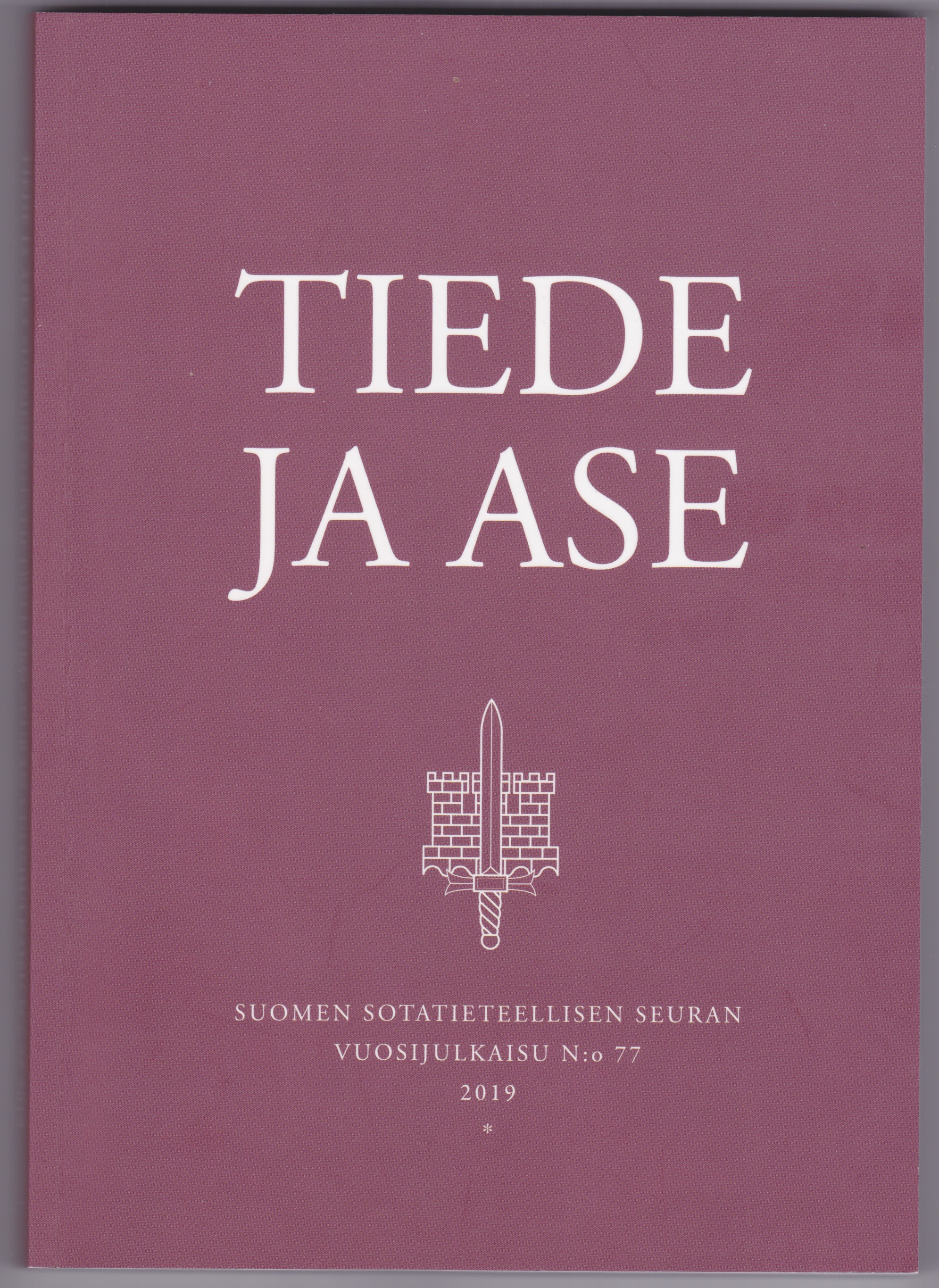Henkilökohtaisten arvojen ja sotilasvalalle ja -vakuutukselle annettujen merkitysten yhteys varusmiehillä (vertaisarvioitu)
Abstrakti
The aim of this study was examine whether Finnish conscripts value systems explain their stance towards taking the military vow.
Participants were 201 conscripts from Carelian Brigade 2nd draft 2016. We measured participants’ values and their perceived meanings for the military vow. Two-step cluster analysis was used to identify value profiles and one way ANOVAs and ANCOVAs was used to examine differences between groups and the role of patriotism in these differences.
We identified three homogenous groups based on their profiles of scores on value dimensions (Schwatz PVQ-21): conformist performers, impulsive hedonists, and security seeking ascetics.
The value groups differed in their scores on the perceived meanings of the military vow. The conformist performers gave highest ratings on all meaning –dimensions when compared to the other groups. This indicates that conscripts who value conformity and personal achievement more than other, also experience the vow more deeply regarding all measured aspects.
After controlling for patriotism and will to participate in national defense, the differences were somewhat smaller and regarding the presence of one’s closest or loved ones the differences were no more detected. Also, regarding taking the vow in one’s own accord, the direction of differences was switched: now the security seeking group scored highest and differed from the hedonist group.
Patriotism and will to participate in national defense therefore explains some of the variation in the perceived meaning of the military vow, partly independent from more universal values. This was particularly the case regarding the presence of one’s closest or loved ones.
This intriguing effect of patriotism shows that, first, it moderates the effect of the individuals’ generic value system and, second, even alters the observed function or main effect of values systems and not only cuts the mean levels. Practical implications and future research are discussed.
Key words: person-centered research, cluster analysis, value systems, national defence

